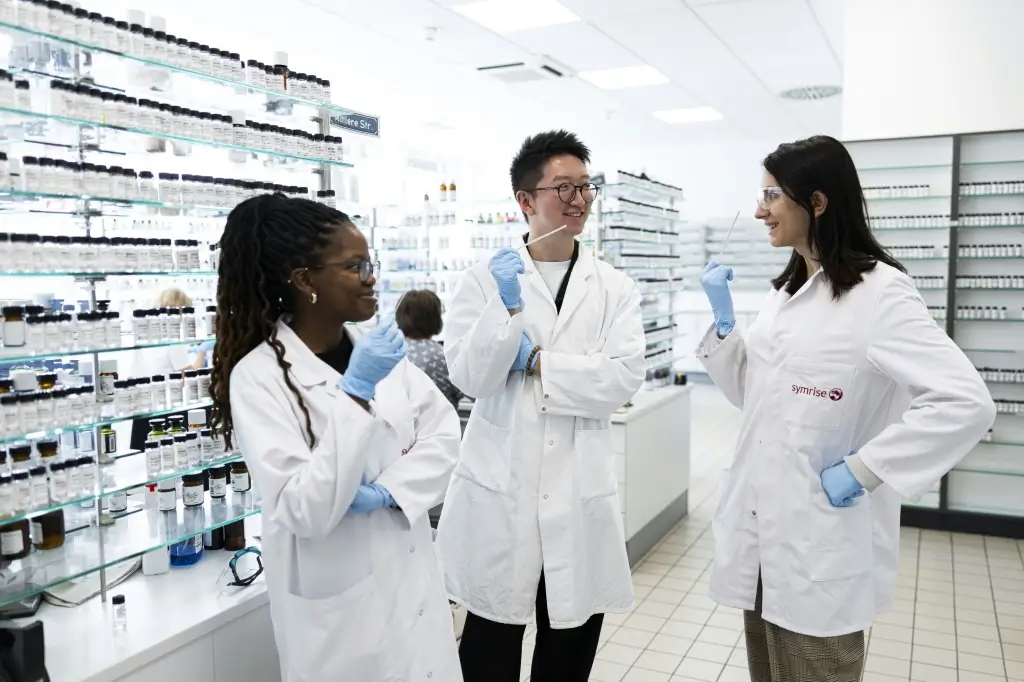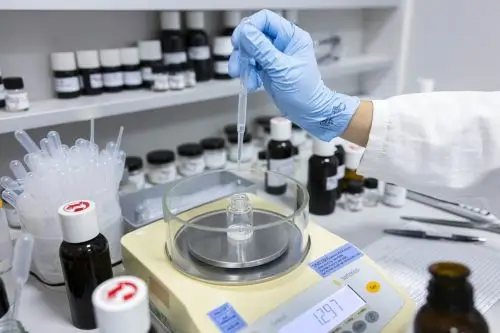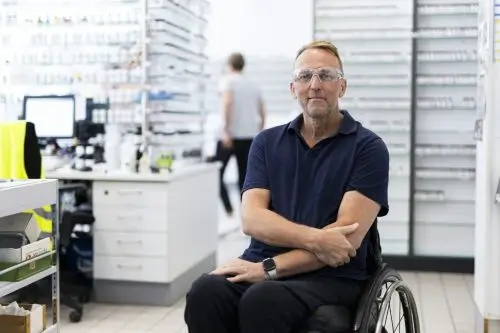
In the laboratories of German fragrance and flavours giant Symrise, a citrus scent clings to the lab coats of trainees - “noses” who are learning the art of making things smell irresistible. These unsung heroes of the olfactory world shape how millions of consumers connect emotionally to everyday items. While luxury perfume houses craft high-end body sprays, Symrise’s experts design the aromas of products as familiar as fabric softener, toothpaste, and even barbecue chips.
Smell is one of our most powerful senses, often triggering emotions and memories. It’s no surprise that fragrances frequently decide which cleaning product, snack, or body wash ends up in your shopping cart. At Symrise’s headquarters in Holzminden, a quiet town south of Hanover, the in-house perfumery school starts each day with a ritual: blindfolded sniffing exercises using dozens of tiny bottles.
“It’s just like tuning a musical instrument before you play,” says Alicia De Benito Cassado, a 32-year-old former pianist from Spain who switched careers to become a professional nose. For her, creating scents was a natural extension of her artistic pursuits.
While some noses focus on luxury perfumes, others work behind the scenes on the fresh scents of laundry detergents or the tangy kick in ketchup. The smell of a simple fabric softener, for instance, can involve up to 80 different compounds, often more than a premium fragrance.
Being a professional “nose” is a full-time job, requiring a rigorous three-year training program. Mastering the ability to distinguish over 1,000 scents blindfolded is part of the curriculum. “As a kid, I just smelled jasmine as a flower,” says Shangyun Lyu, a student from China. “Now I can pick apart the chemicals that create that scent, it’s a blend of many elements.”

Students at Symrise’s school meticulously weigh ingredients, mix, sniff, and start over, often recreating existing scents to learn their structure before innovating new ones. “Creating a perfume isn’t just about smelling good,” explains 56-year-old master perfumer Marc vom Ende. “It’s about balancing beauty, power, and affordability, while keeping up with changing trends and regulations.”
Regulations are tight. For example, Lilial. once prized for its floral notes, was banned in the EU in 2022 for potential health risks. Noses must constantly adapt, replacing restricted ingredients with safe, compliant alternatives. Cultural preferences also vary. A shampoo scent popular with young Chinese consumers might fail in European markets, Shangyun notes.
Cost and sustainability are big considerations too. Symrise often extracts aromatic compounds from wood resin, a paper industry by-product, an approach that’s both eco-friendly and economical.

Globally, there are only about 500 trained perfumers, with 80 working at Symrise among its 13,000 employees. The company markets roughly 30,000 scent and flavor products to industries ranging from confectionery to sun cream. While artificial intelligence increasingly helps predict popular fragrances, machines can’t smell, at least not yet. “We’re supported by AI,” vom Ende says. “But the human nose still has the final say.”